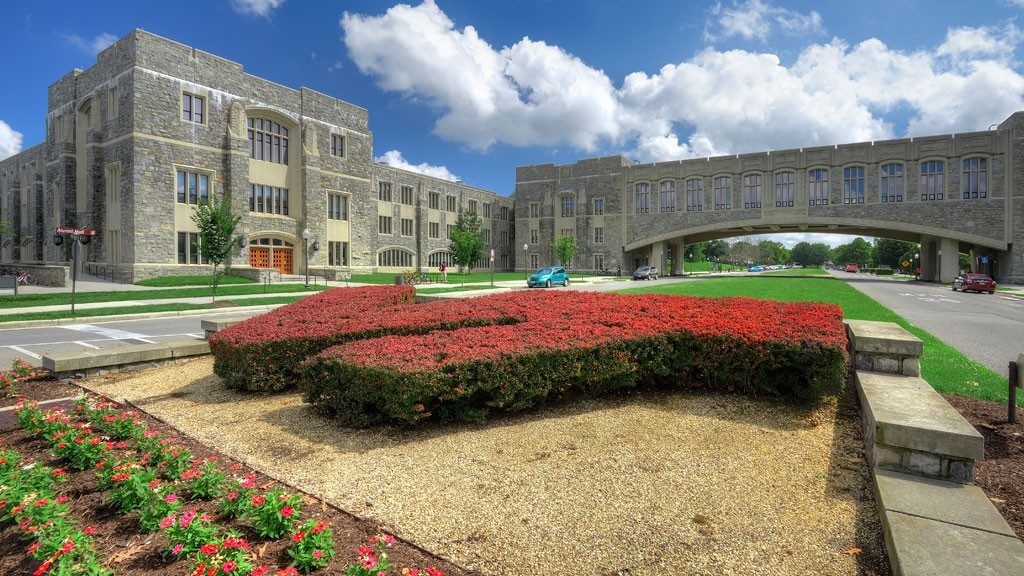Dr. John Jelesko
FACULTY AFFILIATE | Global Change Center
School of Plant & Environmental Sciences
Google Scholar • Dept Page
(540) 231-3728 • jelesko@vt.edu

My research program seeks to understand the molecular biology and evolution of plant specialized metabolism responsible for producing valuable chemicals. Historically, plants were the source for economically important medicines and materials used in manufacturing (fibers, wood, gums, resins, adhesives, etc). In recent decades synthetic materials have eclipsed the use of natural products in the manufacturing of most goods. This was made possible by plentiful inexpensive geo-petrochemical feed stocks.
However, as geo-petrochemical reserves inevitably decline, the demand for chemical feed stocks to supply the manufacturing domain will only increase. The diverse metabolic potential of plants combined with computational biology, genetic, and synthetic biology technologies hold tremendous opportunities for sustainable chemical feedstock production for use in the pharmaceutical and manufacturing domains of the economy.
Jelesko's current research focus is on urushiol chemical biology in plant species belonging to the genus of Toxicodendron (poison ivy, poison oak, and poison sumac) in North America. He also teaches both graduate and undergraduate-level courses in SPES.




